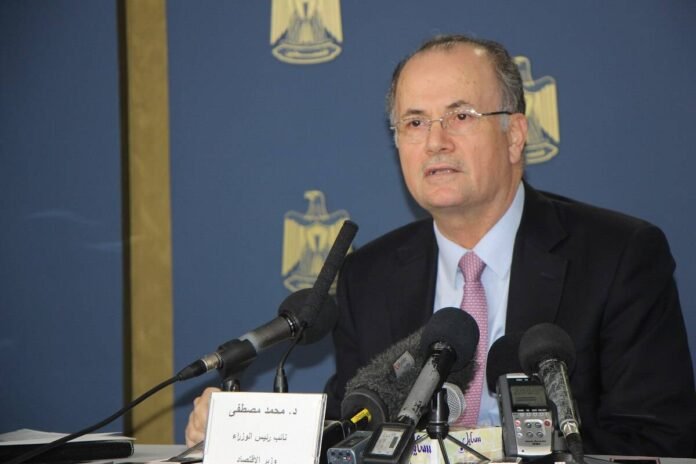The Prime Minister of Palestine has penned a letter to Prime Minister Narendra Modi, placing blame on Israel for the death of a former Indian Army officer in Gaza. The incident underscores the complexities of the Israel-Palestine conflict and raises questions about the responsibilities of nations in ensuring the safety and security of their citizens abroad.
The letter, written by Palestinian Prime Minister Mohammed Mustafa, expresses deep regret and condemnation over the tragic death of the Indian Army officer, who was reportedly killed during an Israeli airstrike in Gaza. Mustafa attributes the officer’s death to Israel’s indiscriminate and disproportionate use of force against Palestinian civilians, which has resulted in numerous casualties and widespread devastation in the region.
The incident has sparked outrage and calls for justice from both within India and the international community. Many have condemned Israel’s actions as a violation of international law and human rights, while others have called for a thorough investigation into the circumstances surrounding the officer’s death.
The letter from Prime Minister Mustafa to Prime Minister Modi serves as a diplomatic appeal for India to take a firm stance against Israel’s actions and advocate for accountability and justice on behalf of its citizens. It underscores the importance of international solidarity and cooperation in addressing the root causes of conflict and ensuring the protection of civilian lives in conflict zones.
India, as a prominent member of the international community and a staunch supporter of the Palestinian cause, has a responsibility to uphold the principles of justice, human rights, and international law. Prime Minister Modi’s response to the letter from his Palestinian counterpart will be closely watched, as it will signal India’s stance on the Israel-Palestine conflict and its commitment to the safety and security of its citizens abroad.
The death of the Indian Army officer in Gaza is not an isolated incident but rather a symptom of the broader conflict between Israel and Palestine, which has been ongoing for decades. The root causes of the conflict, including territorial disputes, historical grievances, and geopolitical rivalries, continue to fuel violence and instability in the region, leading to the loss of innocent lives on both sides.
As the international community grapples with the complexities of the Israel-Palestine conflict, there is an urgent need for renewed diplomatic efforts to achieve a just and lasting solution that addresses the legitimate aspirations of both Israelis and Palestinians. This includes the recognition of Palestine as a sovereign state, the cessation of illegal settlements and occupation, and the establishment of a viable and contiguous Palestinian state with East Jerusalem as its capital.
In the meantime, Prime Minister Modi’s response to Prime Minister Mustafa’s letter will be closely scrutinized, as it will signal India’s commitment to upholding the principles of justice, human rights, and international law in the face of conflict and adversity. India has a long-standing tradition of supporting the Palestinian cause and advocating for a peaceful resolution to the Israel-Palestine conflict, and its response to this latest development will be a testament to its continued commitment to those principles.
In addition, the letter from Palestine Prime Minister Mohammed Mustafa to Prime Minister Narendra Modi, blaming Israel for the death of an Indian Army officer in Gaza, underscores the complexities of the Israel-Palestine conflict and the challenges of ensuring the safety and security of civilians in conflict zones. As the international community grapples with the ongoing violence and instability in the region, there is an urgent need for renewed diplomatic efforts to achieve a just and lasting solution that addresses the root causes of the conflict and upholds the principles of justice, human rights, and international law.

